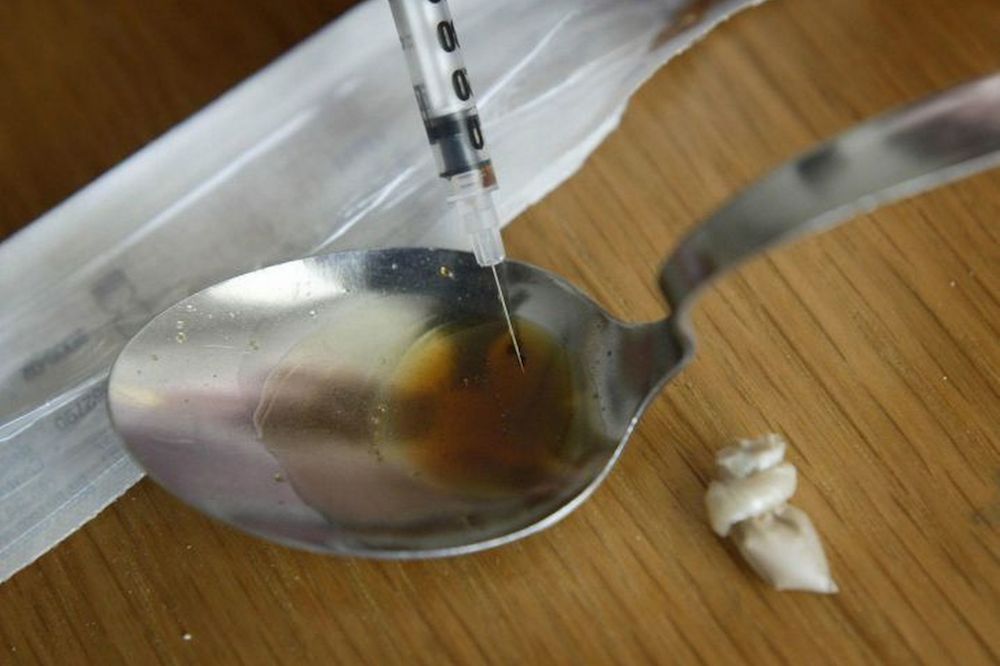Drug addiction is a permanent state of mind
Following the news that Philip Seymour Hoffman died of a drug overdose after 23 years of staying clean, the Guardian decided to interview some past addicts to try to better understand why an intelligent man would be tempted again after so many years. The responses received make for compelling reading.
The first response was from James in Sydney. Although he has not used heroin for 26 years, he admitted that he thinks of heroin every day. James says that the life of a junky is contradictory: “Every junky wants to be clean. Every using junky also wants more heroin.”
Sean from Leeds has managed to kick his habit more recently; he has been clean for just three months. It is his response to the news of Hoffman’s death than is the most shocking. He said: “I must say that its effect on me has not resulted in feelings of sorrow, or relief, but thoughts and feelings of nostalgia.” Heroin addiction takes a powerful mental hold on a person. Sean sometimes longs for the days when he could relapse and thinks about how euphoric those last moments must have been for Hoffman.
Some of the recovering addicts spoke of the reasons for their addiction. Kylie from Wollongong in Australia has been clean for 19 years. She explained that she turned to drugs to cope with “an intense lack of self esteem and severe childhood trauma”. For Kylie, heroin was a way to block out the harsh realities of life, and giving it up was a terrifying prospect.
Other readers’ spoke of how they spent years begging and stealing to live the life of an addict. Vanessa from Tetbury wrote: “Once addicted, your life then becomes a dedication to your addiction.”
It seems clear that heroin addiction goes far beyond the immediate craving. Going cold turkey can help a person to quit the drug in the short-term, but without lifetime support there is always a risk that a recovering addict will relapse.

